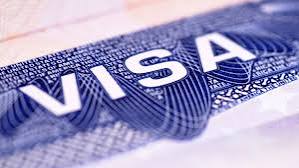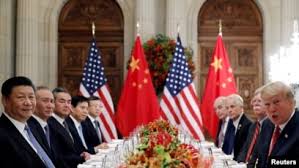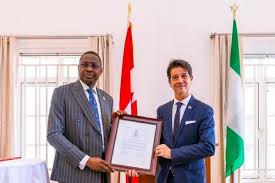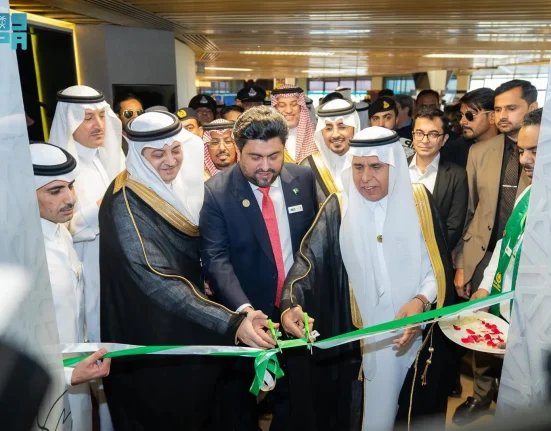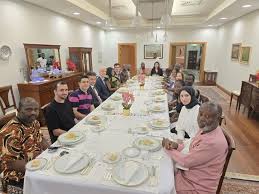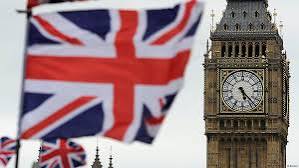In a move that underscores his commitment to economic independence, Burkina Faso’s President Ibrahim Traoré has rejected financial assistance from the International Monetary Fund (IMF). This decision marks a significant moment for the West African nation as it navigates its economic and political landscape.
President Traoré’s administration opted to decline the IMF’s offer, which was aimed at addressing the country’s balance of payments problems and supporting economic resilience and poverty reduction efforts. The decision reflects the government’s desire to pursue a different path towards financial stability and development, prioritizing autonomy and self-determination.
The rejection of IMF assistance is not the only notable move by President Traoré. He has also made strides in promoting economic growth and development. For instance, he has founded two tomato processing factories, the first in Burkina Faso, and opened a state-of-the-art gold mine to improve local processing capabilities. Additionally, he has stopped the export of unrefined gold from Burkina Faso to Europe and built a second cotton processing factory in the country.
President Traoré’s leadership style has been marked by a unique blend of youthful vigor and strategic foresight. His approachable demeanor and open communication channels have fostered a sense of inclusivity, enabling citizens from all walks of life to contribute to the national dialogue.
While some analysts argue that rejecting IMF assistance could foster a sense of national pride and control over the country’s resources, others raise concerns about the viability of self-funded development in the face of significant economic challenges.
As Burkina Faso continues to navigate its economic and political landscape, the international community watches with interest to see how President Traoré’s decisions will shape the country’s future


